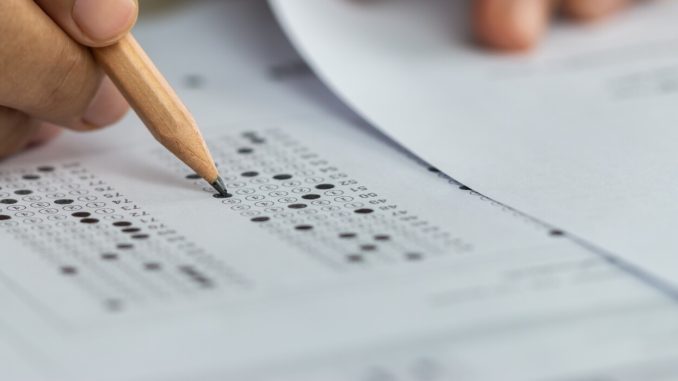
The era of standardized testing, as we know it, is undergoing a transformation. With the dawn of digital innovation, educational paradigms, and the ever-evolving needs of the global economy, these tests are adapting to stay relevant. How are they changing? And what does it mean for students, educators, and institutions? Let’s delve deep.
- A Digital Turn: One of the most evident changes on the horizon is the transition from paper-based tests to digital formats. This not only allows for a more eco-friendly approach but also offers real-time analytics, which can assist educators in pinpointing areas of improvement instantly.
- Personalized Testing Experiences: Artificial intelligence and machine learning are making waves in the educational sector. Soon, we could see tests that adapt to a student’s ability, offering a more personalized testing experience, which could provide a more accurate measure of an individual’s abilities.
- Holistic Assessments: The world is realizing that grades don’t define intelligence. As a result, there is a shift towards more holistic assessments that consider various aspects of a student’s abilities, including emotional intelligence, creativity, and practical skills.
- Reduced Emphasis on High-Stakes Tests: There’s a growing sentiment against putting undue pressure on students. High-stakes tests can be stressful, and there’s a movement to reduce their emphasis or even replace them with alternative assessment methods.
- Globalization of Standardized Tests: With the world becoming a global village, standardized tests are evolving to cater to international audiences, making them more inclusive and accessible.
- Real-World Problem Solving: Theoretical knowledge is essential, but its application is paramount. Upcoming tests may emphasize real-world problem-solving, preparing students for the challenges they’ll face outside the classroom.
- Remote Testing: With the advances in technology and the recent emphasis on remote learning, the potential for students to take standardized tests from the comfort of their homes is becoming a reality.
- Integration of VR and AR: Virtual and Augmented Reality technologies are on the rise. They offer immersive experiences and can be integrated into testing environments, providing practical scenarios for students to navigate.
- Instant Feedback Mechanisms: With the power of the cloud and advanced algorithms, tests will soon provide instant feedback, allowing students to understand their mistakes and learn from them immediately.
- Collaboration over Competition: Future standardized tests might focus on collaborative tasks, highlighting the importance of teamwork and collective problem-solving in the real world.
- Emphasis on Soft Skills: Communication, leadership, and adaptability are essential skills in today’s world. Standardized tests will likely evolve to assess these soft skills alongside traditional academic knowledge.
- Diverse Test Formats: The future may see a mix of multiple-choice questions, open-ended questions, practical tasks, and even game-based assessments. This diversity ensures a comprehensive evaluation of a student’s capabilities.
- Ethical Considerations: With the rise of technology, there are concerns about data privacy and security. Future standardized tests will need to address these concerns, ensuring that student data is protected.
- Teacher’s Role in Assessment: The role of teachers is invaluable. As standardized tests evolve, teachers might have a more significant say in the formulation and evaluation process, ensuring that tests are tailored to students’ needs.
- Lifelong Learning: As the world changes, so does the need for continuous learning. Standardized tests of the future might not just be for school or college students but for everyone, emphasizing the importance of lifelong learning.
- Focus on Critical Thinking: In an age of misinformation, critical thinking is a crucial skill. Future tests will likely emphasize this, assessing how students analyze and interpret information.
- Inclusion of All Learning Styles: Everyone learns differently. Standardized tests will evolve to cater to auditory, visual, kinesthetic, and other learning styles, ensuring no student is left behind.
- Embracing Diversity: Cultural, racial, and socioeconomic biases in tests are being recognized. The next generation of standardized tests will be more inclusive, embracing the diversity of the global student population.
- Affordability and Accessibility: Making tests affordable and accessible to all will be a significant focus. Digital platforms, scholarships, and grants will play a crucial role in this.
- Continuous Evolution: One thing is certain; standardized testing will never remain static. Continuous feedback, research, and innovation will drive its evolution, ensuring it remains relevant for generations to come.